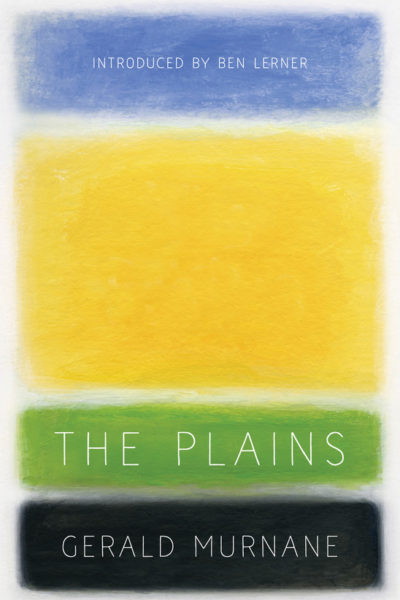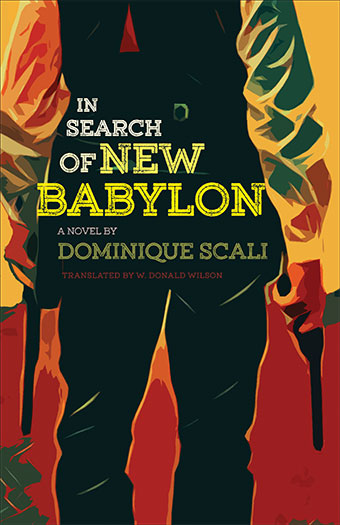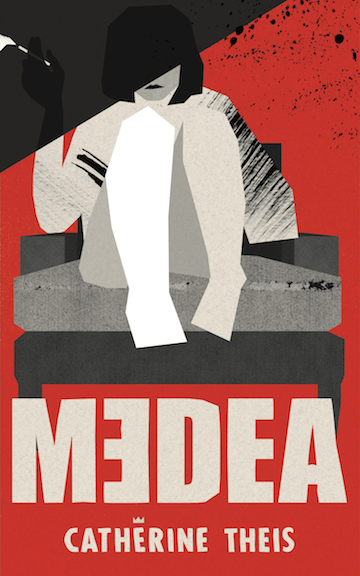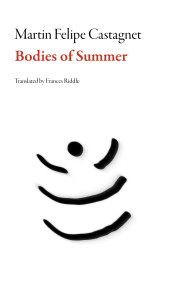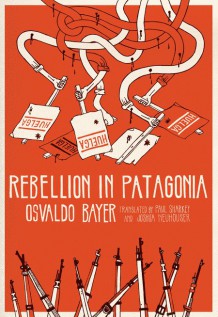The problem of girlhood cannot be adequately addressed within the form of literary realism.
In the absence of scene, ideas take over – invented bibliographies, doctrinal disputes, theories of time, schools of mapmaking – but always with a physical backdrop, an illuminated library row or looming landscape.
The Sacred Era – Yoshio Aramaki
Formerly preoccupied with imagining the future, science fiction is more inclined toward future anteriority.
In Search of New Babylon – Dominique Scali
This genealogy of American violence suggests the West as an extension of a mechanism long set in motion, always going to break in the singular, inevitable way it could have.
Theis lives in the stage directions, in the unspoken.
The Knack of Doing – Jeremy M. Davies
In fiction, it’s more fun when the watch, after pages and pages of diligent ticking, explodes, starts screaming, or shoots poop out of its dial — does something, anything, to upend the pattern or upset the conceit.
Bodies of Summer – Martin Felipe Castagnet
At its best Castagnet’s debut work artfully skirts overt philosophizing about mind-body relations and necropolitics, keeping this slim speculative novel at an athletic pace and leaving ample room for us to explore its marvelous world for ourselves.
Rebellion in Patagonia – Osvaldo Bayer
Rebellion in Patagonia revealed a tragedy of the highest order, no doubt. But it’s in the story of the book and what happened to its author that we find the farce.
History of a Disappearance – Filip Springer
Springer’s history is simply a “beast,” sometimes slumbering, but more often fiercely awake.
Field Glass – Joanna Ruocco and Joanna Howard
Howard and Ruocco suggest that communication breakdown — collectives living together in ignorance of each other’s meanings — is what draws lines between enemies.



